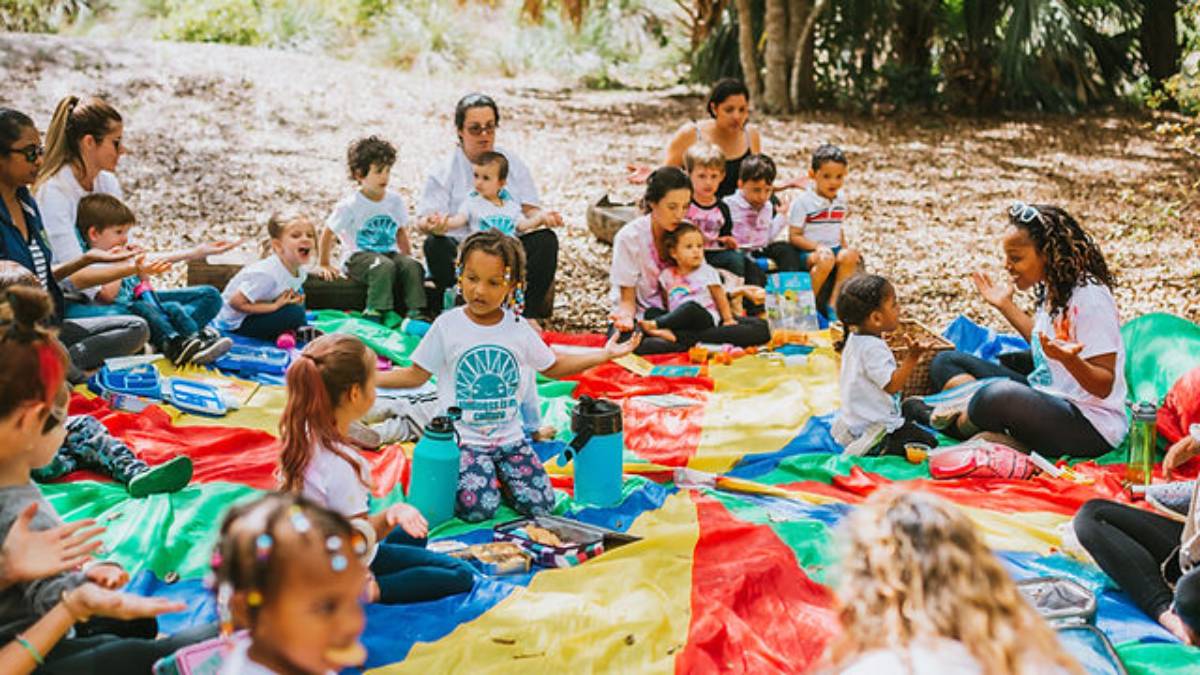The Education Blog

Joining Homeschool Co-ops and Support Groups
So, you’ve decided to homeschool — or you’re seriously considering it. That’s a big step. But maybe you’re wondering “Will my child miss out on social time?” Or “Who do I talk to when I feel stuck or need support?”
You’re not alone in asking these questions.
Many families worry that homeschooling might feel isolating. But the truth? You don’t have to do it alone. Homeschool co-ops and parent support groups are changing the way families homeschool, turning solo learning into something shared, social, and deeply supportive.
In this guide, you’ll find out exactly what these groups are, how they work, and why they might be one of the best decisions you make for your homeschool journey.
What Is a Homeschool Co-op?
Think of a homeschool co-op as a team of families working together. You join forces with other parents to share teaching duties, run group lessons, and organise fun activities for the kids.
What Makes a Co-op Work?
- Shared lessons: Parents take turns teaching subjects they’re good at.
- Meetups: Usually once a week or every other week.
- Flexible style: Some co-ops are structured, others are relaxed and casual.
Let’s say you’re great at science, but history’s not your thing. You could teach a science class for the group, while another parent takes on history. That’s the beauty of a co-op — you don’t have to do it all yourself.
What About Support Groups?
Now, not everyone wants to teach or run classes. That’s where a parent support group comes in.
These groups focus more on connection than curriculum. You meet other homeschooling families, swap stories, share resources, and simply feel less alone.
Why Join a Support Group?
- Advice and encouragement: From people who’ve been there.
- Meet-ups and playdates: For you and your kids.
- Events and talks: Like how to file paperwork or pick a curriculum.
Sometimes, having a group of like-minded parents to talk to can make all the difference, especially when you hit a rough patch.
Why These Communities Matter
It’s easy to feel overwhelmed when you homeschool. You’re the teacher, planner, cheerleader, and sometimes even the tech support. But you don’t have to carry all of that alone.
Here’s How Co-ops and Support Groups Help:
- You share the load: More hands make lighter work.
- You gain fresh ideas: New ways to teach, new resources, and fun group outings.
- Your kids get social time: Which helps with confidence, communication, and teamwork.
It’s not just about learning. It’s about building a lifestyle that feels balanced and connected.
Picking the Right Group for Your Family
Every family is different. So is every co-op or support group. The key is finding one that fits your values, your schedule, and your child’s needs.
Ask These Questions First:
- What’s the group’s teaching style or focus?
- Is it religious, secular, or mixed?
- Do parents have to teach?
- What ages do they serve?
- What does it cost?
Don’t be afraid to visit a few before deciding. Most groups welcome new families to try a session before joining fully.
Where to Find Homeschool Groups
Finding a homeschool co-op or support group isn’t as hard as it used to be. There’s likely one closer than you think.
Start Here:

- Meetup: Search “homeschool co-op” plus your town.
- Local libraries: Many have bulletin boards with group info.
- Community centres and churches: Often host weekly homeschool gatherings.
- Regional homeschool associations: They often list approved co-ops by area.
Some families even use group trips as a way to bond — like those we explored in how to plan a homeschool field trip that’s educational and fun.
What You’ll Be Doing as a Parent
Joining a co-op means being part of a team. You won’t be expected to do everything, but your time and energy will matter.
Typical Parent Roles:
- Teaching or helping in a class.
- Setting up for meetings or cleaning up after.
- Planning group trips or special events.
- Helping with sign-ups or admin.
You’ll also build friendships with other parents. It’s not just support — it’s real community.
What Your Child Gets Out of It
Children need more than just lessons. They need connection, laughter, challenges, and shared experiences. Co-ops and support groups provide all of that and more.
Benefits for Your Child:

- Activities you might not offer solo: Group art sessions orLike science labs, drama clubs.
- Learning with peers: Some children thrive in group learning settings.
- New perspectives: Hearing a different parent explain something can help it click.
- Consistent friendships: Weekly meet-ups build strong bonds.
As we touched on in how homeschoolers can build social skills, these interactions are key to emotional and social growth.
A Few Bumps in the Road
No group is perfect. And while most co-ops and support groups are fantastic, it’s good to be prepared for a few common hiccups.
What to Watch Out For:
- Different parenting styles: What works for one family might not suit yours.
- Conflicting expectations: Some groups are very structured; others are more casual.
- Time commitment: Make sure you’re not overstretching yourself.
Stay open, communicate clearly, and don’t be afraid to step back if a group doesn’t feel like the right fit.
You Don’t Have to Do This Alone
Homeschooling is about more than academics. It’s about creating a way of life that works for your family. And having the right people around you can make all the difference.
Homeschool co-ops and support groups offer more than resources — they offer connection.
Whether you’re looking for hands-on learning, emotional support, or a space for your child to make friends, there’s likely a group out there that’s perfect for you.
Take the leap — reach out, join a session, or even consider starting a group of your own. Your homeschool journey will feel lighter, richer, and a whole lot more fun.









